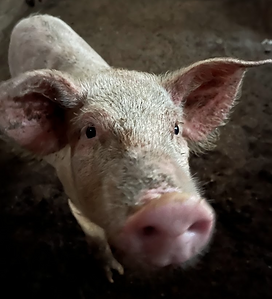Week Four (May 30th- June 6th)


Experience
Outside of hanging out with my host family, I did not accomplish too much exploring this week. I was sick a lot of different times this past week with different symptoms so it was difficult to do too much. Before this point, I was doing pretty good health-wise but considering I have a compromised immune system, I was pretty much bound to be sick at some points. I went to Sunset Iringa one night when I was feeling better though, which is a hotel not far from where I am staying. The hotel has a restaurant that overlooks a lot of Iringa and we were able to watch the sun go down which was a beautiful site. I also went to a small museum close to where I am staying that has about four sections related to more information about Iringa, the culture, people, and history. There is a new section some university students are working on creating which is about oral histories passed down through generations. It is unfortunate to realize that the reason many of the museums in the area are much smaller and have less artifacts to show is because they have been stolen. The British museum, for example, hosts millions of stolen artifacts and it is unbelievable that they have not been returned to their rightful countries still to this day.
The pictures to the left showcase animals from the farm right down the street from the house I was in. We would go there to get fresh eggs and milk.
Research
Findings


As mentioned, I was sick a lot this past week so I did not accomplish as much as I would have hoped too. Some of the major accomplishments from this week include conducting more interviews, an especially insightful one was with a pharmacist, and going to Isimani for our first successful focus group discussion. The mtendaji was very efficient and 14 females and 11 males participated. Dr. Strong and Dr. Cogburn asked the questions because sometimes my Swahili pronunciation isn’t the best and it was crucial to ensure everyone could understand so they felt comfortable. We asked questions about health, medications, and death/dying. While I did not follow along with everything being said, overall it seemed like people had a lot to say and I am looking forward to translating the discussion. After the focus groups, we went to the nearby health center and received a tour. I was grateful to be able to go to one considering I had yet to see one and think it is important for me to understand the different levels of health services here. The “smallest” is considered the dispensary level that usually helps with basic services and expecting mothers and are in each village. The health centers usually serve multiple villages, the district hospitals (like Tosamaganga) are next, and finally there are regional hospitals (government-run).